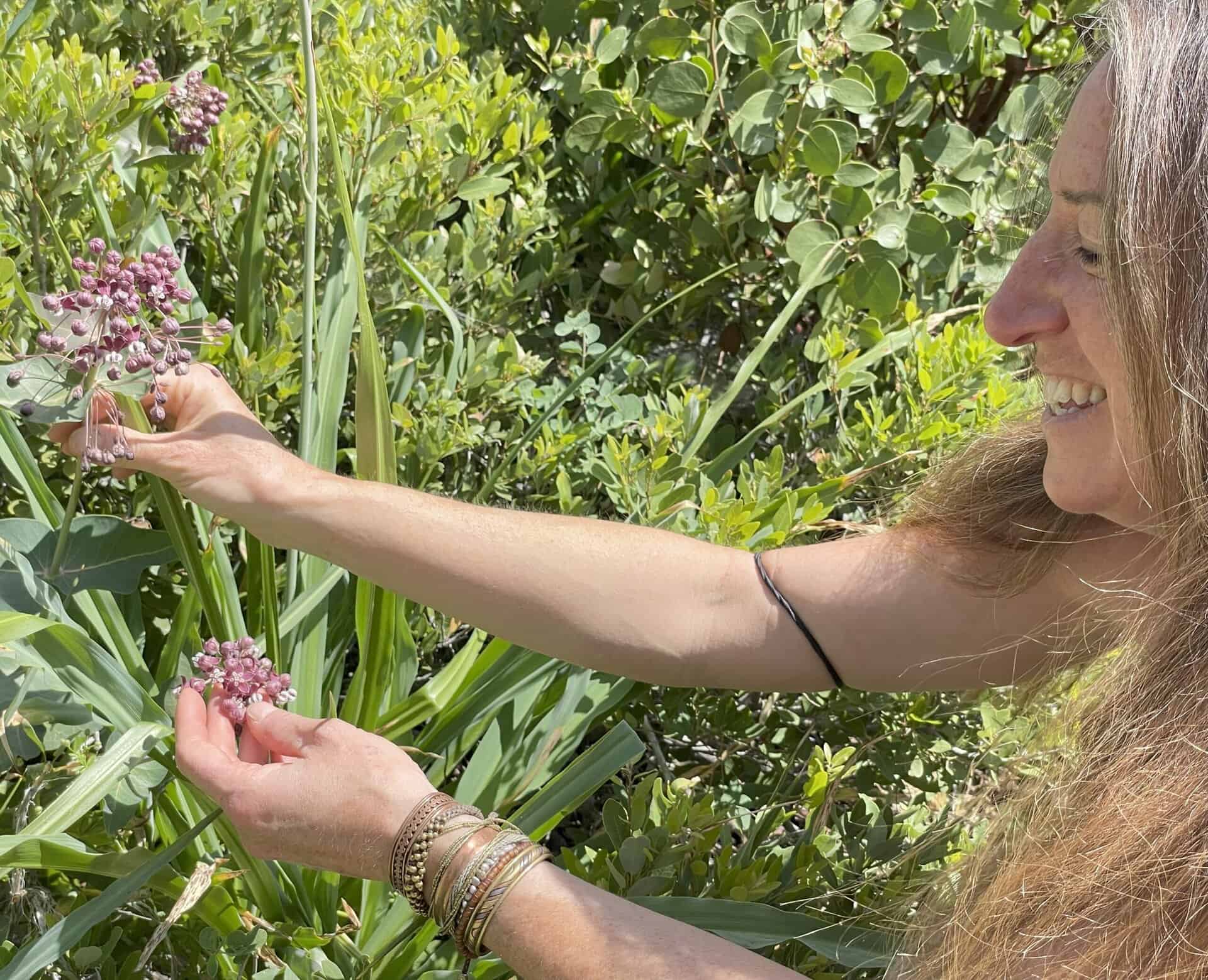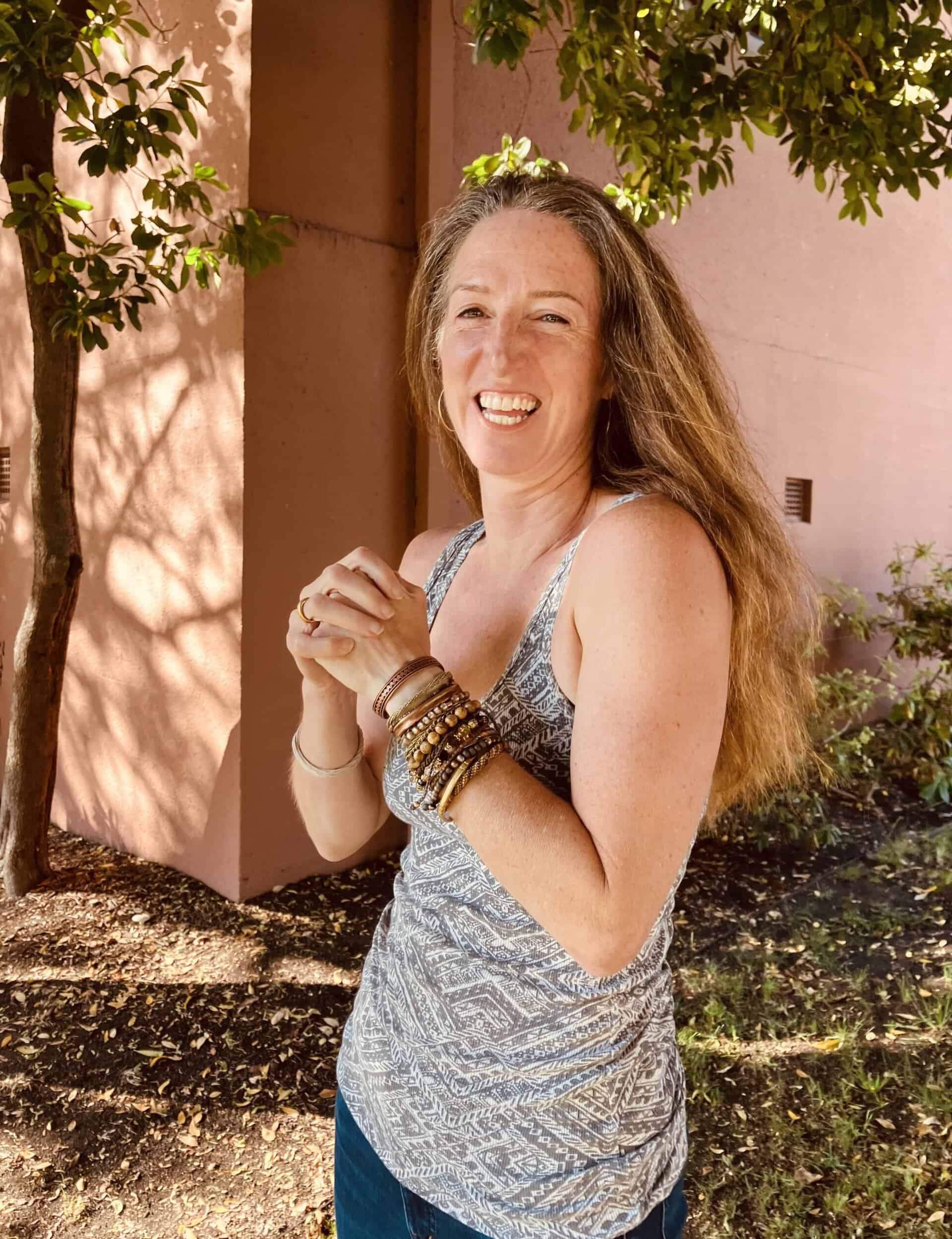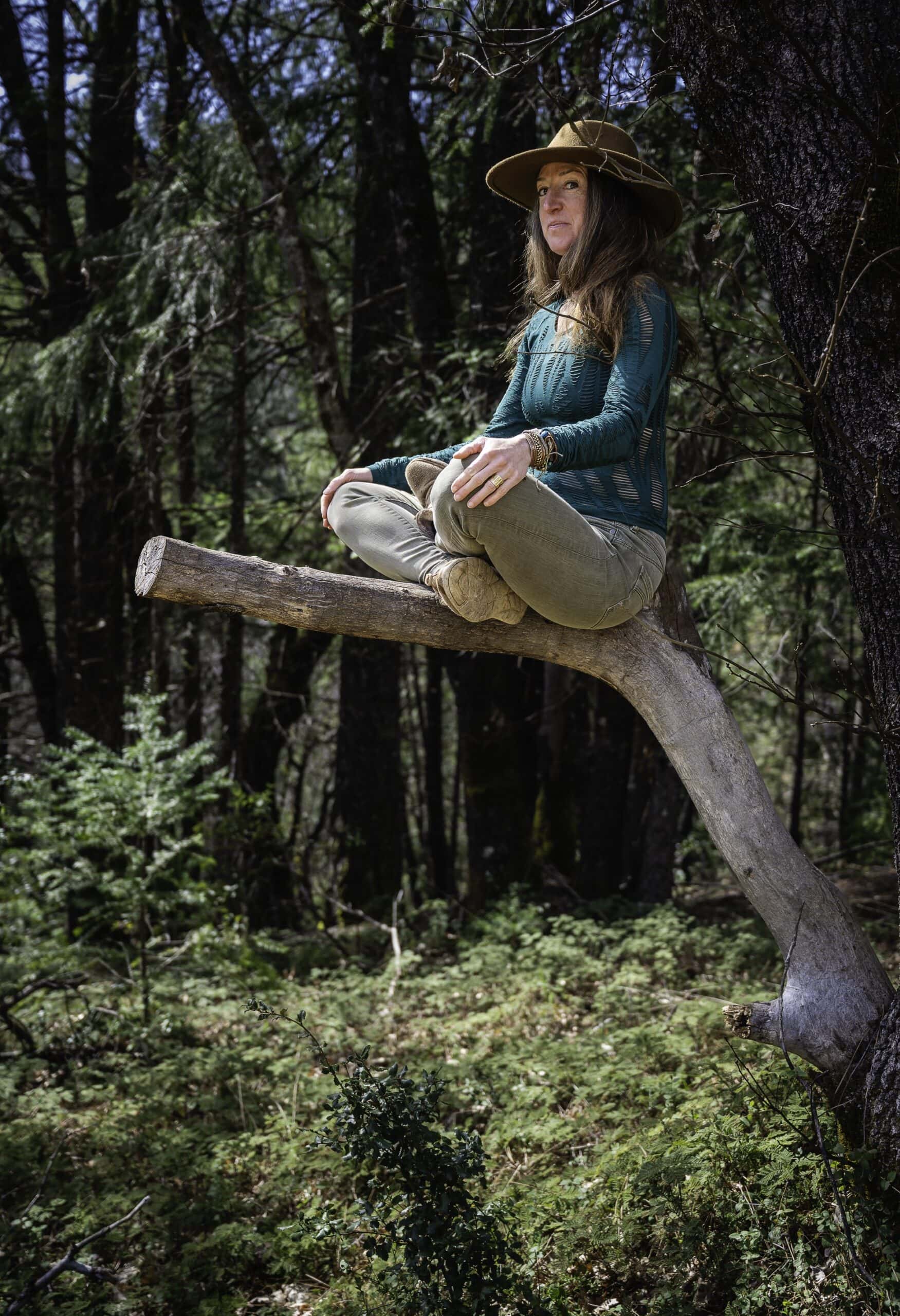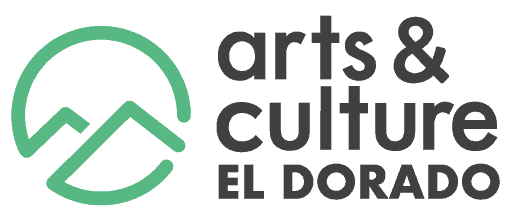Jessica Carew Kraft



My interview with Jessica Carew Kraft, a local artist, journalist, author, and California Naturalist, took place outdoors, in nature. Her words mingled with the babble of Weber Creek as she sat framed by a wall of greenery, much like the one gracing the cover of her 2023 book, Why We Need to Be Wild: One Woman’s Quest for Ancient Human Answers to 21st Century Problems (Sourcebooks, 2023). This place by the creek is a ten-minute hike from her home, which sits on a 20-acre homestead near Camino. On the trail to the creek, Jessica often stopped to admire flora and fauna, pointing out the grape leaves she uses for chicken fodder, a pair of dragonflies, fragrant Mountain Misery.
Jessica was raised in the Midwest, where she developed a passion and an aptitude for art, before going on to study anthropology at Swarthmore and Yale. In her twenties, as she made a living through permutations of academia, journalism, and art, a “quest for meaning” took her to New York, Boston, Israel, London, and eventually back to her family roots in Judaism—and a new form of artistic expression.
“I wanted to find a kind of art that was meaningful, that wasn’t just a $300,000 object that increases someone’s status,” Jessica recalls. She began making ketubahs, which are artistically rendered Jewish wedding documents; for a time, one of her designs was the bestselling ketubah in the world. In her adult life, she was living out the same impulse she had once recorded (and recently rediscovered) in her journal at age 16. “I’ve always been very countercultural and interested in different ways of living and convinced that the suburban, American, consumer way of life has been taking us down the wrong path,” Jessica explains. “That has always been a throughline of my life.”
This throughline soon led to another revolution in her artistic practice and her way of life. In 2015 she was living in San Francisco and working in the tech industry. She was also beginning to suspect that she was in the wrong place, doing the wrong kind of work. “I started having a physical reaction to my surroundings… I saw how domesticated we all were. I wanted to be stronger and self-sufficient and study the tech of original humans, not the tech of 21st-century humans.” In the concept of human rewilding, an ethos that puts modern humans in touch with their ancestral roots, she saw a different way forward for herself and her two daughters. Personal rewilding also tied together the many threads of her life, from anthropology to art. “Nature is the ultimate inspiration. It inspires you to create, and it’s humbling,” she says.
By 2021 she was living on the homestead in Camino, which she hopes will eventually be a model of sustainability. “I found this property and I felt really called to it. It’s been amazing to walk outdoors and be immersed in wildness,” Jessica says. What she didn’t count on was the human element: “My intention was to come here and find a refuge, but I did not know that rural community is so much more close-knit than anything I’d experienced in urban life. I instantly found affinity with my neighbors. It’s been amazing.”
As Jessica and her daughters have been welcomed to the El Dorado County community, Jessica has begun to give back. While Why We Need to Be Wild, a journalistic exploration of personal rewilding, introduces her passion for nature to a national readership, her workshops at Wakamatsu on subjects like wild yoga, herbal remedies, and mullein torches, as well as her involvement in ancestral skills gatherings and the California Naturalist community, allow El Dorado County residents to “re-evolve” alongside her, benefiting from the knowledge and skills she is gaining.
“I feel the need to share events and cultural creations that can really unite us. I want to contribute to this community,” she says. One such event is coming up on Sunday, September 21, at Wakamatsu Farm, where Jessica will present a book talk, interactive land art project, and a booth about using wild materials as part of the RipeArea Native Plants Festival. And, in collaboration with her daughter and her partner, photographer Jeff Freeman, she is currently developing AltDorado, a publication covering culture, health, and nature in El Dorado County. For more information about Jessica’s work and upcoming events, visit www.jessicacarewkraft.com
